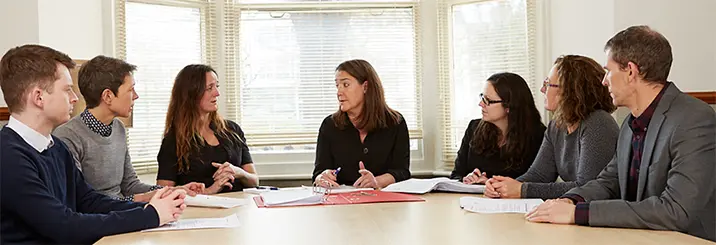The Pitfalls of Making a “DIY” Lasting Power of Attorney

Making a “DIY” Lasting Power of Attorney (LPA) may seem like a good way to save money but it may end up being more expensive in the long run. The last thing you need are significant challenges during difficult times, when the person who made the LPA, known as the donor, needs the support of their Attorneys
In the last few years, the process of making a Power of Attorney has shifted online. Consequently many people have drawn up an LPA themselves, rather than consulting a lawyer to help them. With the introduction of the Power of Attorney Act (2023) and its focus on digitalisation, it is likely that more people will opt for making an online LPA.
But if an LPA form contains mistakes, there is a risk it will be rejected by the Office of the Public Guardian and will have to be resubmitted, resulting in increased costs.
More serious issues can arise if the mistakes are not uncovered at the registration stage. A common example is where a relative of the donor or of the attorney has acted as the certificate provider, which automatically invalidates the LPA.
Other common mistakes which are not always spotted on LPAs at registration are incorrect spellings of names, dates of birth being wrong, or the certificate provider not completing their section properly. If an LPA is presented to a third party – for example, a bank, utility company, doctor, or other health or care professional, they won’t accept it if they notice a mistake. This can lead to lengthy delays at a difficult and stressful time.
It is also vital to ensure that your attorney understands and follows the principles set out in the Mental Capacity Act (2005) and its Code of Practice. There is clear law and guidance that they need to follow when making decisions on behalf of someone who lacks capacity.
An LPA form contains sections where the donor can outline their preferences and instructions, either for health and welfare or for property and finance. Although many people may think that they do not need to outline these wishes at all or in detail, issues can arise if the donor suddenly loses capacity and their attorneys do not have clear guidance on these matters.
Another problem can arise where two or more attorneys are appointed and subsequently dispute what the best interest decision should be. You may think that appointing attorneys jointly, rather than jointly and severally, will avoid the situation of the Attorneys disagreeing about a course of action. However, if the LPA states that decisions must be made jointly, the LPA will become redundant if one or more of the attorneys dies or loses capacity themselves, unless at least one replacement attorney is appointed in the original LPA document.
Many people select that they only wish for the LPA to be used if and when they lose mental capacity. But this can lead to some serious issues down the line. For example, if the donor loses physical capacity but still maintains mental capacity, the LPA cannot be used. In addition, third parties, particularly financial institutions, will normally ask to see formal medical evidence that the donor has lost mental capacity, potentially resulting in a need for repeated assessments, leading to long and expensive delays.
The most serious issue is that of fraud and coercion. Our team frequently has to deal with the fallout from LPAs which are made without the person fully understanding what they have agreed to. Home-made LPAs are sometimes made in situations where the donor never had or has already lost mental capacity. In these cases, it is vital that the proposed attorney is aware of their duties under the Mental Capacity Act and that they follow these.
An experienced Community Care law solicitor will be able to consider all the eventualities and situations that may arise from making an LPA, and will be able avoid these pitfalls becoming a major issue in the years to come. A well-drafted LPA may cost more than a DIY one, but the benefits in the long term can be priceless.
For expert advice about making a Lasting Power of Attorney, contact our Community Care law team on 01273 609911, or email info@ms-solicitors.co.uk.


